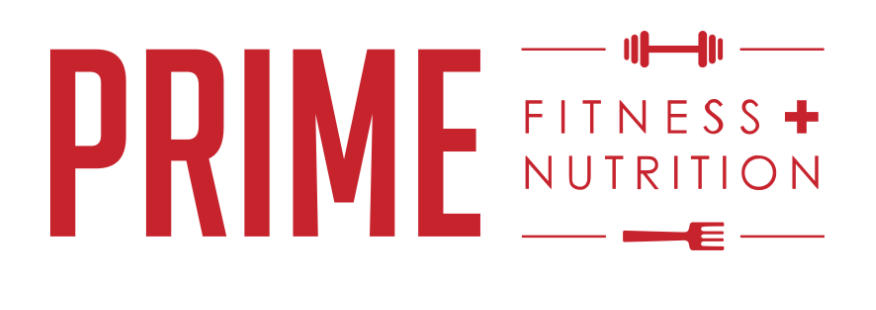inflammation & whole30
Everything you eat dictates how much inflammation your body has. Inflammation can cause skin rashes, heat, redness, swelling of joints and organs. Along with pain and loss of function in some parts of the body. The good news is that inflammation can be reduced by easting more Anti-inflammatory foods (Whole Foods) and eating less inflammatory foods (sugar, alcohol, dairy, and grains). A few other options are also exercise, weight loss, stress management, and control of blood sugar levels.
Take the inflammation & whole30 True or False QUIZ:
-
TRUE! Lower levels of systemic inflammation can help you get better quality sleep. More inflammation can trigger immune responses in your body, which can effect your stress hormones and make it harder to sleep well. By eating less inflammatory foods, you lower the systemic inflammation in your body. On Whole30, you also eat fewer carbohydrates which can help to keep your blood glucose levels consistent throughout the day. These factors contribute to better sleep and therefore more energy!
-
TRUE! Curcumin, the active compound in turmeric, is an antioxidant that has been shown to help with inflammation and many associated symptoms. Research is ongoing, but it may help improve cognitive skills and even memory!
-
TRUE! Omega 3 fatty acids are an important nutrient that your body can’t produce, so you have to get it all through diet or supplements. Eating omega-3 containing foods may help with inflammation.
-
TRUE! After your elimination period, you slowly reintroduce the foods you had cut out. As you note how you feel after adding each back to your diet, you may find out you feel better avoiding some forever!
-
TRUE! These top three supplements are among a long list that can help reduce inflammation in your body. Make sure to check with your doctor before starting any new vitamins or supplements.
-
FALSE! There are a lot of dairy free alternative products these days! Increased visibility of food allergies and intolerances has prompted food manufacturers to create new options for everyone.
-
FALSE! Peanuts and soybeans are actually legumes, which are not allowed on Whole30!
-
TRUE! “-itis” from Latin and Greek, means “inflammation of.” If you have an “itis” condition, you may benefit from bringing down your systemic inflammation by avoiding inflammatory foods. During Whole30, pay special attention to how your symptoms change depending on your diet.
-
FALSE! All potatoes are allowed on Whole30, including white potato. However, you can definitely choose to eliminate them in order to reduce your carbohydrate intake and focus on eating lots of protein and green vegetables.
-
TRUE! Autoimmune diseases are a subset of inflammatory disease. They are caused by your immune system creating antibodies against your own cells instead of against outside invaders. Examples include Type I Diabetes, Psoriasis, and Rheumatoid Arthritis. Some people find that their symptoms can be alleviated based on diet.
-
TRUE! Women typically get arthritis more often, and more severely than men. As your estrogen levels drop as you age, you become more susceptible to arthritis.
-
TRUE! Inflammation can contribute to many common ailments. You might be experiencing symptoms that you didn’t know could be a sign of inflammation in your body! Following a diet such as Whole30 can help identify whether your diet has an impact on how you’re feeling.

